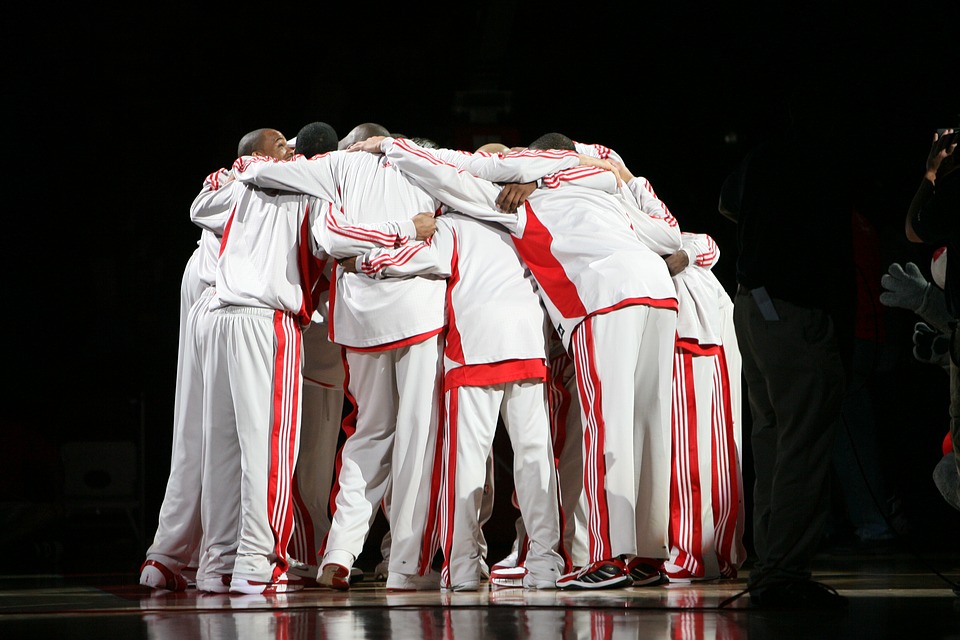“I have never seen such beautiful blue water!” Jennifer proclaimed as she is telling you about her amazing spring break trip to Cancun. You could not afford to go anywhere. You feel the tremendous stress of your forced smile and active listening gestures crushing you. You want to flee.
Scott, your lazy project partner, has no shame in taking the credit of the successful assignment with the professor. You think to yourself, “How could he be so brazen to discuss work with the professor that he didn’t do in front of me! I hate him!”
This week’s Parsha, Kedoshim, sets a high standard for interpersonal relationships. Leviticus Ch 19:17-18 states, “You shall not hate your brother in your heart; you shall surely rebuke your neighbor, and not bear sin because of him. You shall not take vengeance, nor bear any grudge against the children of your people, but you shall love your neighbor as yourself: I am the Lord.”
These two verses challenge me in several ways: How am I able to love every Jew when I feel that many of them are so annoying and difficult? Who can I love as much as myself? Why should I not hate someone who has harmed me or hurt me emotionally? How do I transcend my own petty feelings?
Maimonides, in his epic magnum opus, the Mishneh Torah, Laws of Character Traits, Ch. 6:3 defines the mitzvah in the following manner, “Each man is commanded to love each and every one of Israel as himself as [Leviticus 19:18] states: ‘Love your neighbor as yourself.’ Therefore, one should speak their praises and show concern for their money just as he is concerned with his own money and seeks his own honor…”
It is interesting to note that the obligation to love the other is primarily expressed through concern for their emotional and financial wellbeing. It does not say you have to have long conversations with them, hang out with them, or “be their friend” in the conventional sense. Love is defined as seeing them and treating them as equal.
What type of love is this and how is it accomplished?
Imagine you have just joined the UCLA Bruins basketball team. You are practicing with Moses Brown, Jaylen Hands, and Kris Wilkes. Suddenly, Shareef O’Neal goes for the ball and injures his ankle. How does the team feel and respond? All of you run to help him and make sure Shareef is taken care of. Why are you so concerned for a person that you only just met?
To be on a basketball team is to have a common goal and mission that goes beyond each individual player. The goal is to work collaboratively to achieve basketball success – to ultimately win the championship. Therefore, you have a great bond for all the people who are instrumental to that success. You want them to succeed. You want them to be taken care of. You want them to be happy. Their success is your success.
The Jewish people can be conceived as a team. We have a mission and a goal to be a people who share the wisdom of G-d and are a shining “light unto the nations”. Therefore, each Jew has an important role to play. Some may be the leaders – the starting players; some may be the educators – like coaches and trainers, and some may be the fans who follow the lifestyle of the “players”.
Fighting, arguments, misunderstandings, rude and annoying behavior are all part of team life. Yet, the mandate of the success of the team demands that each person overcomes their own egotistical feelings and tries to work out their issues – quickly. If they cannot, the coaches must step in and mediate the issue. The implicit and pressing goal of reaching the championship game does not allow problems and issues to fester. They get resolved.
The Torah demands that each of us view every Jew as an important member of the team whose wellbeing is critical for our collective success. We cannot afford to be fighting and holding grudges. We must do what we can to therapeutically resolve conflicts and create stronger relationships, families, and communities. May we all do our best to see each Jew as an important member of “Team Israel”!
Rabbi Pinny Rosenthal is the National Director of Development for OU-JLIC

